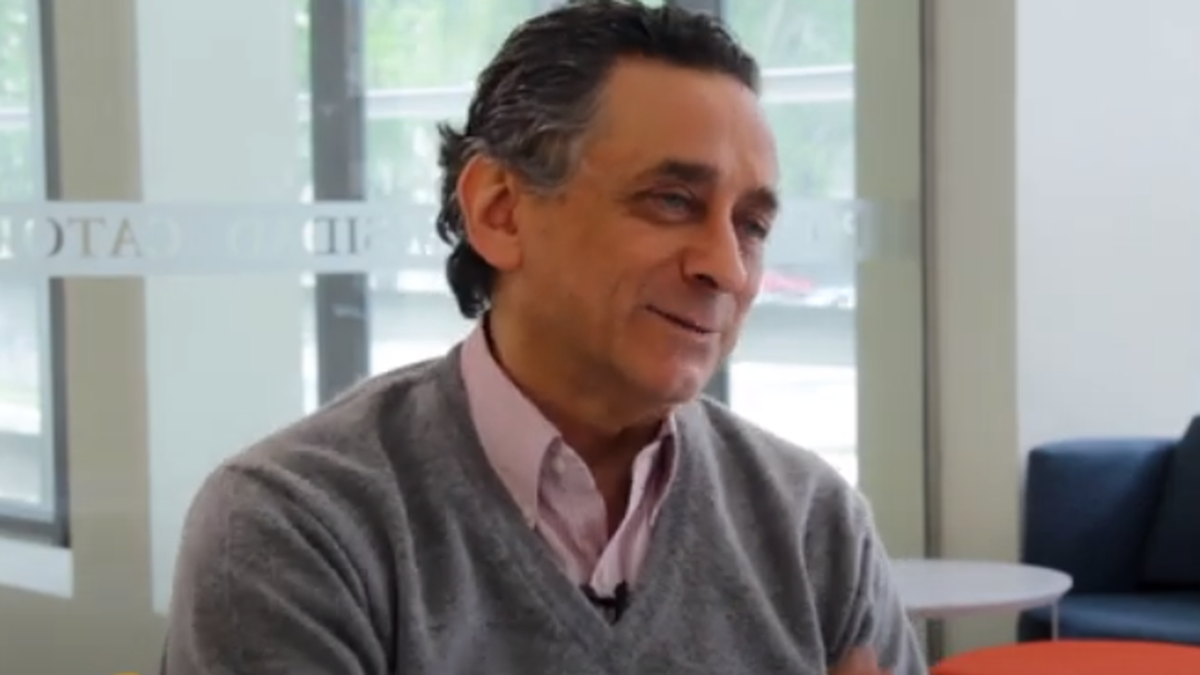If everything goes well for the government of Javier Milei, By 2027, Argentina could resemble Brazil in terms of its fiscal solvency. The statement is from the head of the Department of Economics and Finance of the Argentine Catholic University (UCA), Ignacio Warnes. According to that study house, between the period December 2023 and March of this year the indicator stood at 42.67 points.
Such an index is obtained from a combination of variables such as the relationship between public debt and GDP, data from the National Public Sector, tax collection, inflation and the type of currency in which the State debt is contracted. With this you can determine how well managed a country is.
“The value of this index recorded 42.67 points at the end of February with a projected trend of recovery in March,” points out the report, which details that “the index registered 46.22 points in November, a sharp drop to 39.62 at the end of 2023 and 40.38 points in January.”
“What we had It was a sharp drop in December, which has to do with the devaluationthen comes a gradual recovery in January and February,” Warnes explained. to Scope.
The economist indicated that “In March the indicator is being recomposed because “inflation is returning to November levels.” “An outbreak towards hyper was contained which is good news and the country risk is less serious than before”explained the professional.
The director of Economics of the UCA indicated that “the negative thing is that This is achieved with very contained public spending which generates another risk because “The collection drops a lot”. In this regard, he considered that “this is a point of inflation, where the issue comes with some improvement, but we have to see how it is projected into the future.”
With which countries is Argentina comparable?
Compared to other regional economies, Warnes said that “Chile is a medium to high income economy that is around 80 points, while Brazil is at 66.”. For that reason, he stated that “as a reference, if everything was going very well, At the end of Javier Milei’s government we should be close to Brazil.” Meanwhile, at the end of 2024 the country could be at 50 to 55 points on the scale whose maximum is 100.
Warnes stated that ““Chile for us is the stratosphere”but that Argentina has to aspire to “be on par with our well-managed neighbors.”
In relation to what the minister of Economy, Luis Caputohe stressed that “they have faced on the side of mimprove fiscal solvency” and although he considered that to get out of the previous situation the spending cut was “inevitable”, he considered that ““Perhaps it is excessive in public works, which in many sectors is zero.”
“The recession was inevitable”
In that order, Warnes also pointed out that “the recession was inevitable” and that in any case “the question is whether this is well graded.”
“I think it had to be done, what you have to be careful about is how much recession”said the economist, considering that a warning sign is the drop in tax collection. Warnes stated that “there is a point at which “You can affect yourself, because you enter a recessive spiral that is difficult to get out of.”
For this reason, he estimated that “if things go well, this year the objective would be to return to inflation at the beginning of 2023 since the plan is aimed at containing it, not eliminating it.” “If we reach October with 5% we have to uncork sparkling wines,” he explained.
Paro warned: “If you do not generate confidence in the investment, cutting expenses alone will not get you anywhere. The risk drop was interesting at first but now it is slower, indicates that the markets know that we are not going to a hyper, but “they wonder where we are going”
Source: Ambito




